Registration
Register here by May 8th 2024
Topics of Interest
Humane AI explores ethics issues, the role of humans in the operation of AIs, as well as the impact of AI on society and the environment. Indeed, AI is already modifying all lines of businesses and disrupting areas of the economy. The workshop aims to provide an informed insight about the role of AI in the aeronautics industry.
A first pillar of discussion will cover the current, and future, uses of AI in any area of the industry, such as conception, manufacturing, automation of the engineering and assembly phases, aircraft in operations (incl. predictive maintenance), flight and navigation tools, use of AI for logistics (cargo) and services (to passengers and/or airliners). The participants are welcomed to expose both AI “success stories” or lessons learned, and to propose potential emerging technologies and applications.
A second pillar will cover the certification and regulation aspects. The aerospace industry is already highly regulated; new AI regulations such as the EU AI Act are likely to influence or impact this domain. An overview of the challenges, regulatory constraints and potential solutions will enable the participants to better understand and recommend efforts towards certifiable and trustable AI for the aeronautics industry.
Last but not least, the third pillar is named “Better through AI”, to take into account new concerns and considerations about AI in the aeronautical domain. The participants are welcome to expose AI-related ideas, prototypes or efforts a) towards a greener aeronautics industry, and b) about ethical considerations for AI in the aeronautics industry. Notably, the workshop aims to discover and recommend future activities to address the environmental and societal impacts of AI.
Event Contact
- Guillaume Gadek (Airbus Defence & Space) <guillaume.gadek[at]airbus.com>
- Jakob Karolus (DFKI GmbH & RPTU Kaiserslautern) <jakob.karolus[at]dfki.de>
Tentative Speakers
- Mohamed Chetouani (Sorbonne University)
- James Crowley (Grenoble INP)
- Pooja Narayan (AI roadmap at Airbus)
- Alexis de Cacqueray (Certification at Airbus)
- Benjamin Laroche (Regulating AI at Airbus)
- Antonio Monzon-Diaz (Certification at Airbus)
- Arnault Ioualalen & Vanessa Vohs (Numalis)
- Thiziri Belkacem (Certification at Airbus)
- Nicolas Schneider (Central Research at Airbus)
Programme
| Time | Description | |
|---|---|---|
| 9:00 | Introduction | |
| 9:15 | Pillar A Insight Talks (1,5h): Current & Future uses of AI in the aeronautic domain | |
| 10:45 | Break | |
| 11:00 | Interactive Break-out Session (0,5h) | |
| 11:30 | Panel Discussion (0,5h) | |
| 12:00 | Lunch Break | |
| 13:00 | Pillar B Insight Talks (1h): Certification and Regulation aspects | |
| 14:00 | Interactive Break-out Session (0,5h) | |
| 14:30 | Panel Discussion (0,5h) | |
| 15:00 | Break | |
| 15:15 | Pillar C Insight Talks (1h): Ethical and societal concerns | |
| 16:15 | Interactive Break-out Session (0,5h) | |
| 16:45 | Panel Discussion (0,5h) | |
| 17:15 | Conclusion word |
Organizers
- Guillaume Gadek (Airbus Defence & Space)
- Jakob Karolus (DFKI GmbH & RPTU Kaiserslautern)
- Marc Contat (Airbus Defence & Space)
- Louis Lefebvre (Airbus Defence & Space)
- Paul Lukowicz (DFKI GmbH & RPTU Kaiserslautern)
This event is organized as part of the European Union’s Horizon 2020 research and innovation programme through the European AI Networks of Excellence: Humane AI Net. It is also supported by the following universities: RPTU Kaiserslautern-Landau. The event is jointly organized by Airbus Defence & Space and the German Research Center for Artificial Intelligence (DFKI) (Embedded Intelligence department).




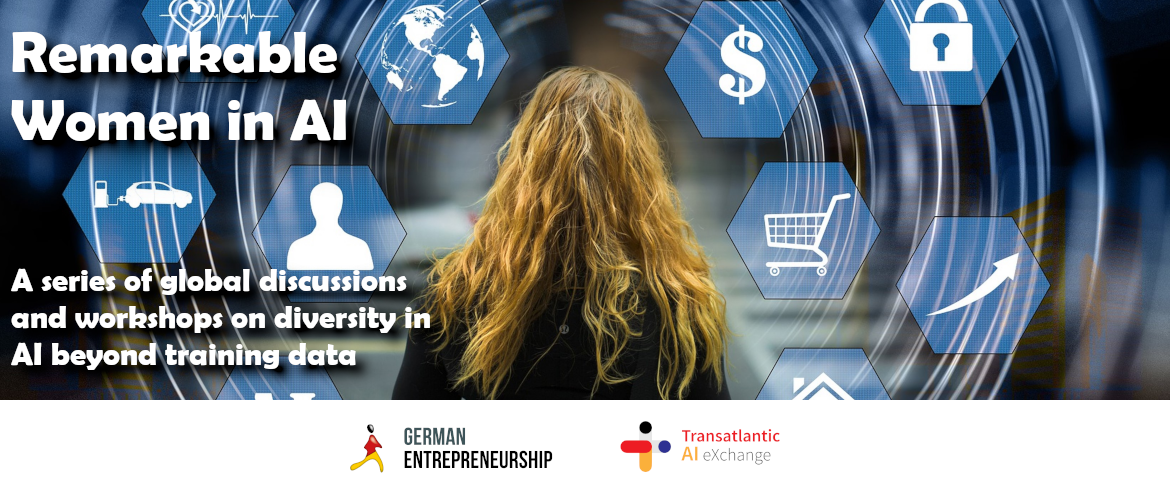
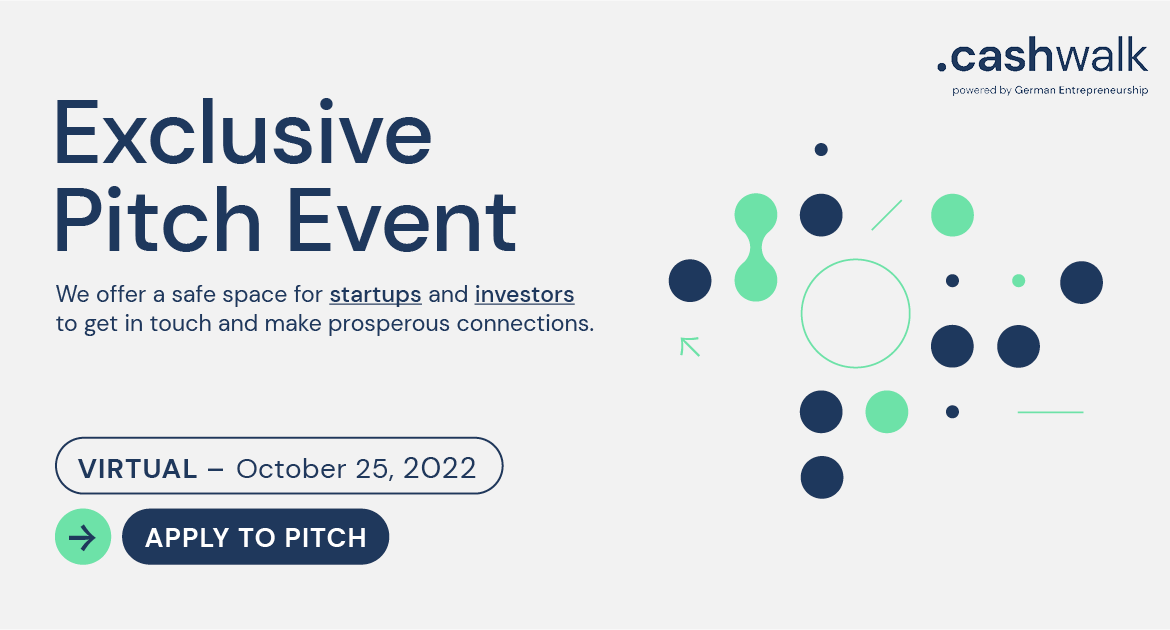
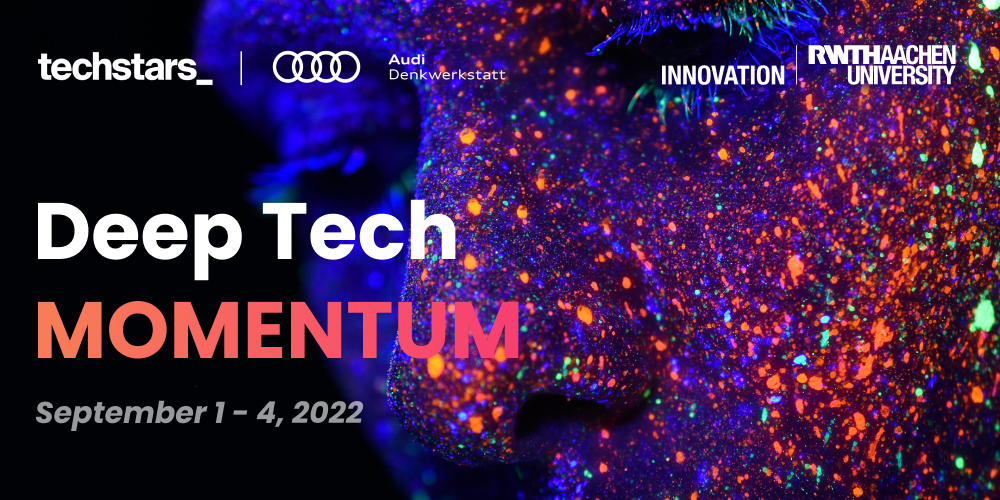

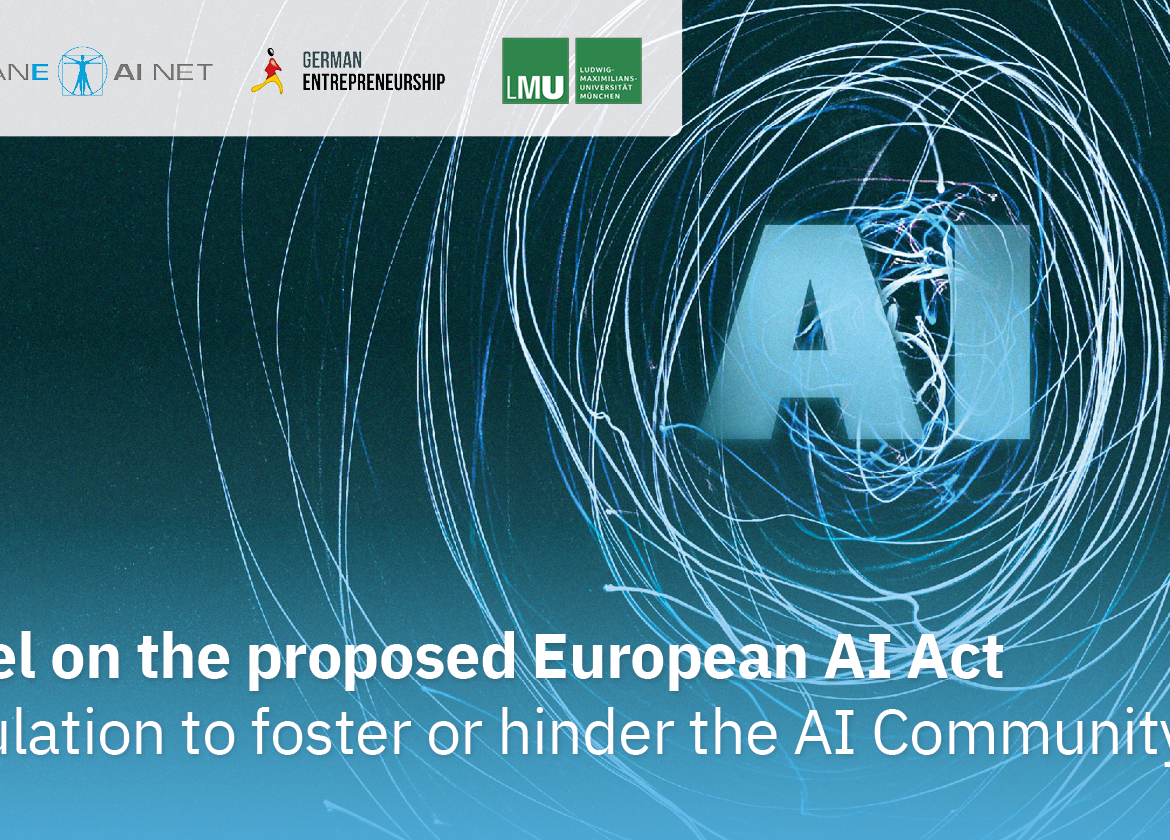
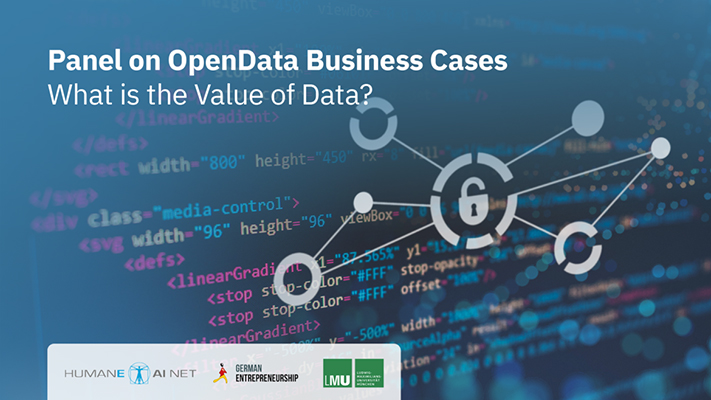

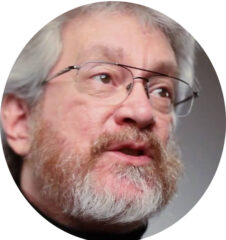




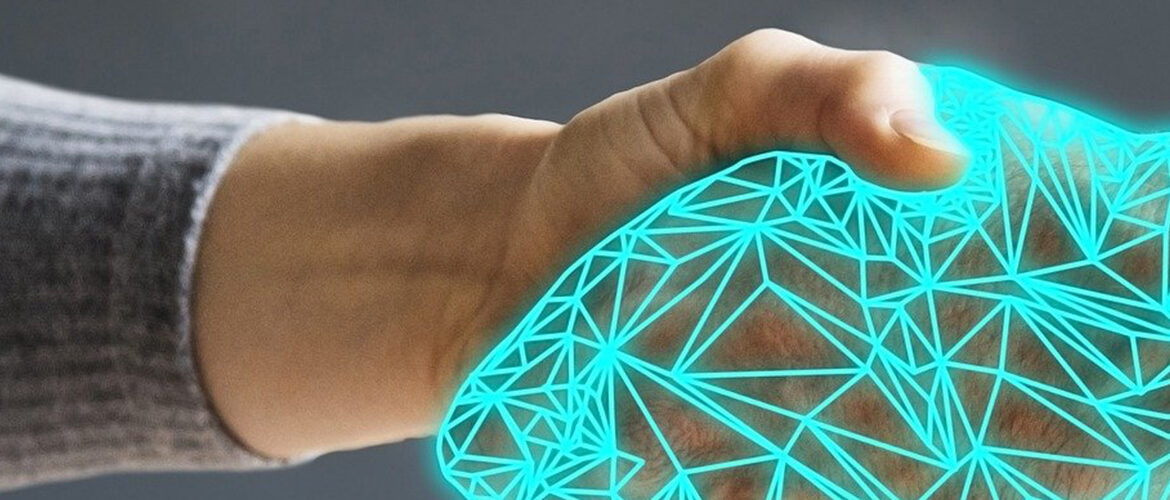




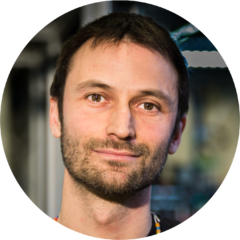



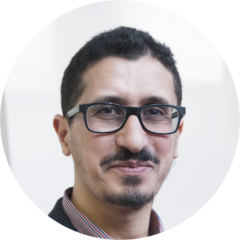
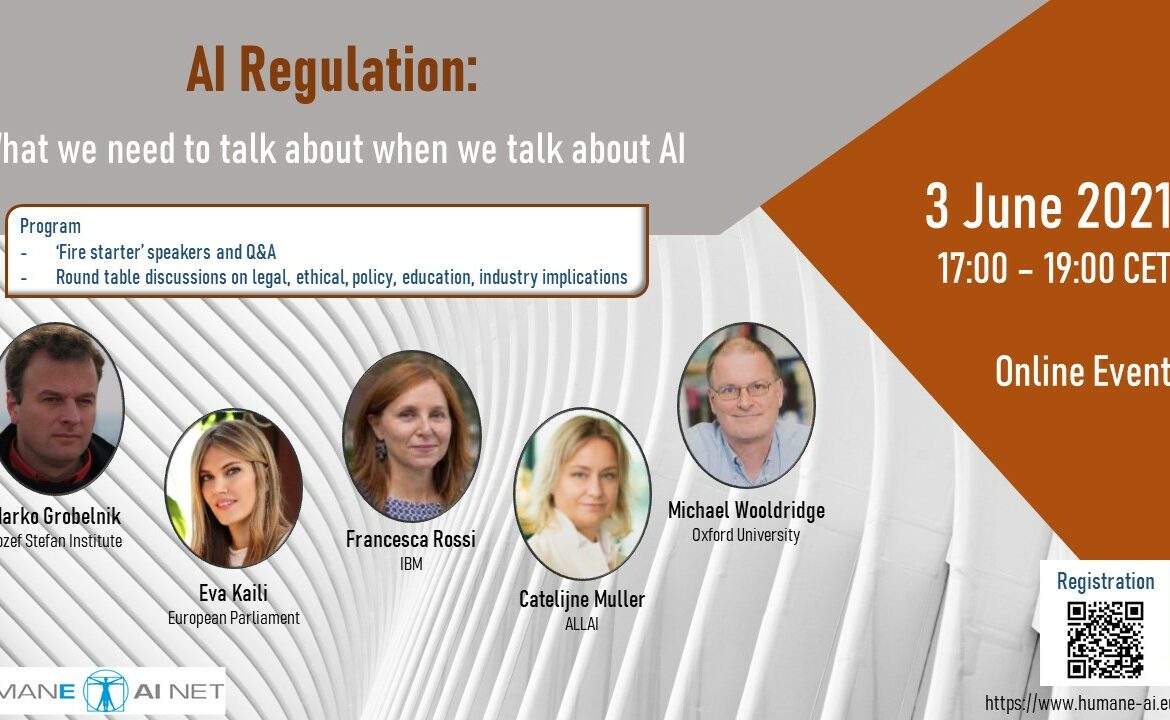



 Michael Wooldridge, Oxford University
Michael Wooldridge, Oxford University
